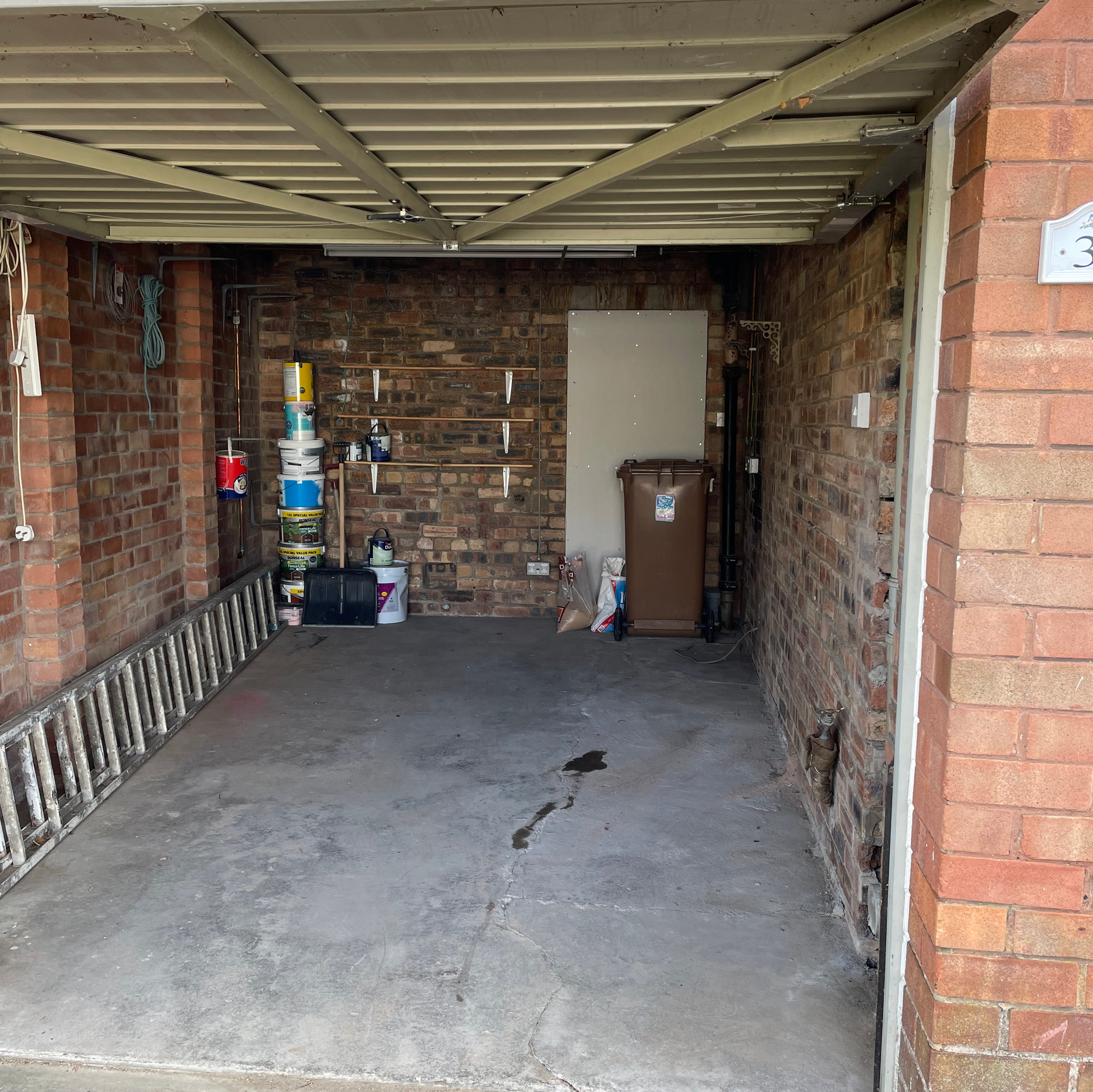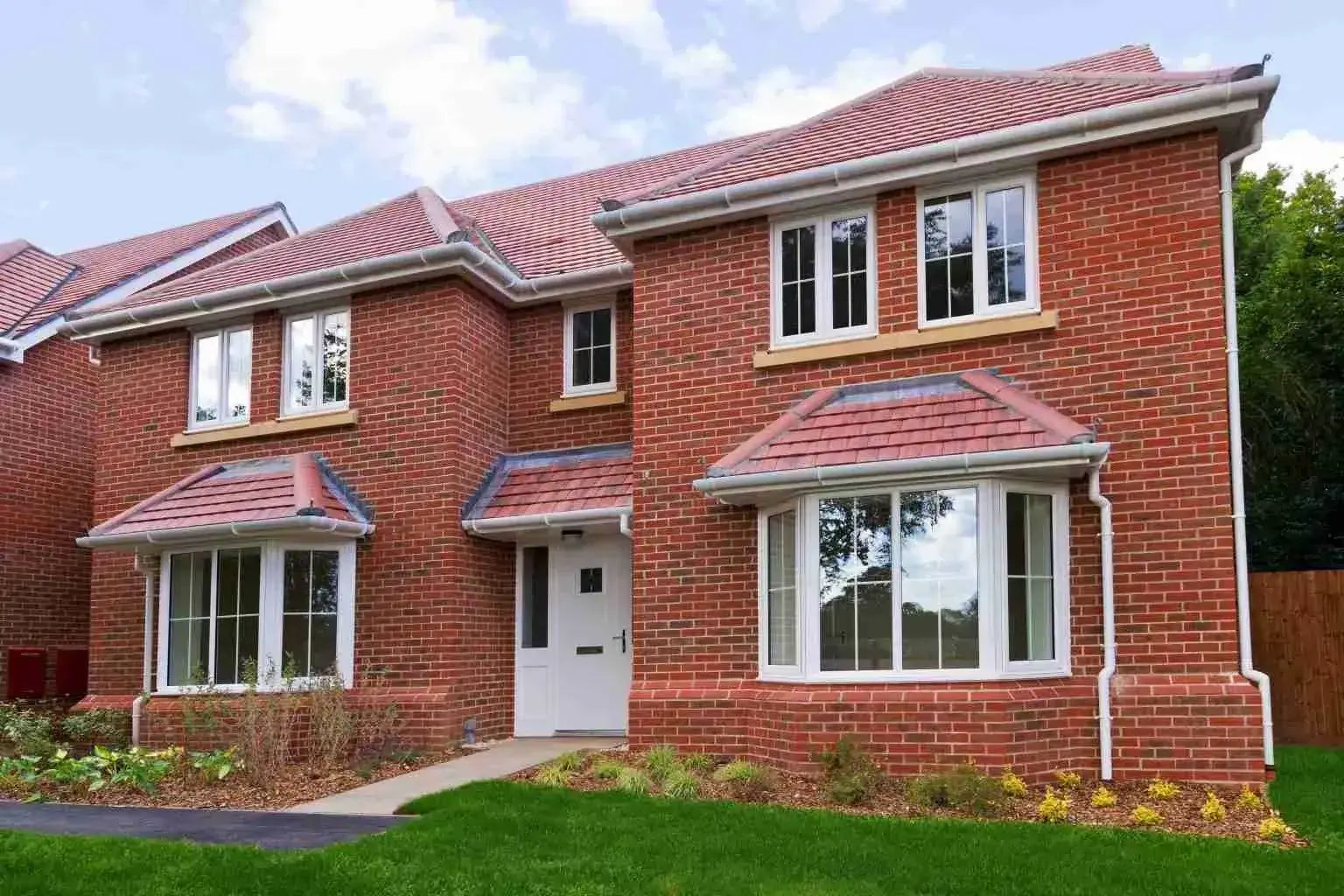How much does a funeral cost? What are my options?
Trying to make funeral arrangements in the immediate aftermath of a death can be emotionally draining. Even more so if you have to deal with the added worry of trying to finance it. To help ease any concerns you might have, in this article, we’ll outline the average cost of different types of funerals to give you an idea of what you can expect to pay.* Costs can usually be paid directly from the deceased person’s bank account, even if it’s been frozen. We’ll explore the options that can help keep costs down, without sacrificing on quality. *stats taken from Sunlife Cost of Dying Report 2018
Traditional Funerals
Burial
Burials cost an average around £4800. This covers a ceremony, basic coffin, hearse, burial fee, and the funeral director’s fee.
Keep in mind that prices vary by region. Most areas in England are in-line with the average, but burials are more expensive in London and slightly less in Scotland and Wales.
Cremation
A
YouGov poll shows that 58% of people would prefer to be cremated.
If you’re considering this option, you should expect to pay an average of around £3750. This will cover the same basic service costs as a burial service - minus a burial plot.
Though it’s not traditional, you also have the option of
direct cremation. This is a lower-cost alternative in which no service is usually held. But, mourners often choose to hold a more intimate, private ceremony in a family home following the cremation.
The average total cost for this - which usually includes a basic coffin - is around £1700. However, you could bring the cost below £1000 by comparing the packages offered by different crematoriums and funeral service providers in your local area.
Non-traditional Funerals
Woodland or Natural Burial
Amid growing environmental concerns,
eco-friendly funerals are becoming increasingly common. And the typical choice, which forgoes
traditional funeral procedures, such as embalming and industrially manufactured wooden coffins, is a woodland or natural burial.
Both embalming and wooden coffins can have harmful environmental consequences - with the former releasing toxic chemicals into the environment and the latter requiring a manufacturing process that leaves a heavy carbon footprint.
The benefits of a natural burial are that the body will usually be wrapped in a biodegradable shroud, or placed in a sustainably sourced coffin, and then buried in a woodland area. They’ll then re-join the natural ecosystem without having contributed to any environmentally harmful practices.
Prices can vary substantially, and you can expect to pay anywhere between a few hundred pounds to well into the thousands, depending on your location and the options available to you.
Find natural burial sites in your area and how much you should expect to pay for them.
Home Burial
This is perhaps the least common type of burial, as many don’t realise it’s an option. And, for some, the thought of having anyone buried on their property could be uncomfortable.
That said, there are those who like the idea of being buried somewhere that holds sentimental value and therefore it is worth considering. Although this type of burial can help alleviate costs, you should check with the local council and the Scottish Environment Protection Agency (SEPA) as you must be careful with affecting water supplies.
Alternative Funerals
The types of funeral listed above are the main options available for those planning a funeral in the UK. However, there are people currently experimenting with innovative technologies to find new,
eco-friendly alternatives that are also less expensive.
Reduce costs and funeral support
If you are concerned about the cost of paying for a funeral, you can
access advice about additional support that’s available to you. You may also be eligible for
government assistance.
It can also be helpful to look into alternative ways to save money. We created our Scottish Probate Support Service to help people manage the administrative process, potentially saving thousands of pounds in legal fees. The savings from this could help cover the cost of the funeral and any expenses for additional services you might like to include.




